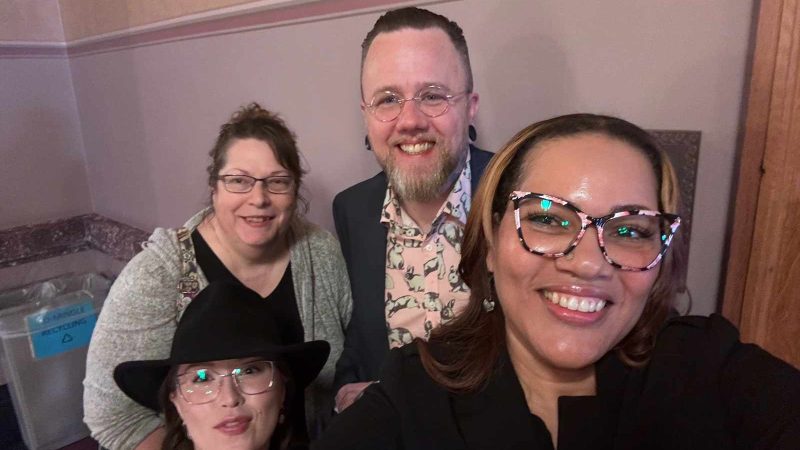As legislators, in many states, continue to blur the line between what beauty services require licensing, it is time for beauty industry professionals to start paying closer attention to the deregulation of our industry. At this time, deregulated means uneducated, uninspected, and uninsured establishments and service providers.
The careers of Licensed beauty industry professionals are tethered to the health and safety of the public. The continuing efforts to deregulate Beauty Industry services, one at a time, is in full throttle.
Deregulation organizations have an effective formula. Deregulators are moving from state to state, filing right-to-work lawsuits and convincing senators to introduce bills dismantling the beauty industry.
Effective rhetoric includes referring to state boards as a regime. In the wake of the spread of HIV in New Mexico, at the hands of the Unlicensed, imagine a world with out state boards to monitor guard rails (laws) for the ‘creative’ who touch people.
In their bills, services they want to deregulate are called Niche Services.
Niche Services are the modalities, within the beauty industry, that people outside of our industry have deemed do harm no one without education or training. Niche Services bills seek to remove these services from the definition of Cosmetology and include, but are not limited to: eyelash extensions, waxing, sugaring, makeup, shampooing, blow drying, etc.
Niche Services bills that are working to permit unlicensed to render beauty services. By not focusing on its ultimate goal, which is to deregulate the beauty industry as a whole, beauty industry practitioners and the public, nominally, pay attention. Hence, senators introduce deregulation bills and they pass with no fanfare or opposition from anyone at legislative hearings.
In January, 2024, when a Kansas bill was introduced to deregulate Sugaring, Nichole Hines, former Vice Chairman of Kansas State Board of Cosmetology was watching for deregulation bills and rallied licensed Estheticians, Cosmetologists and the Public to take action.
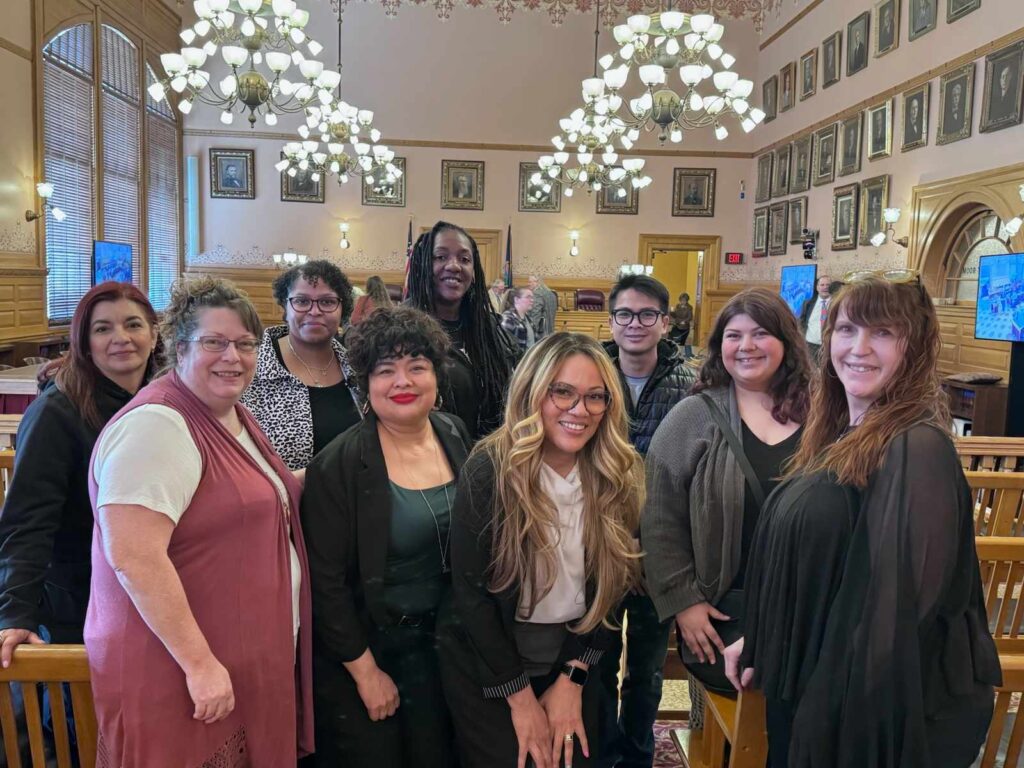
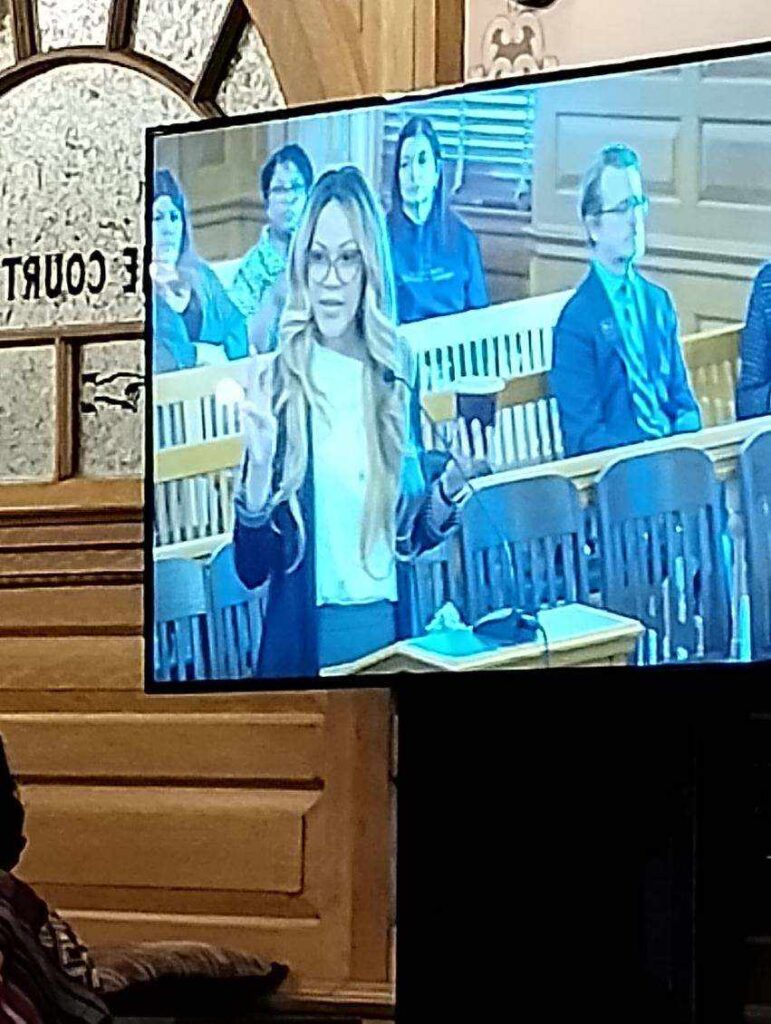
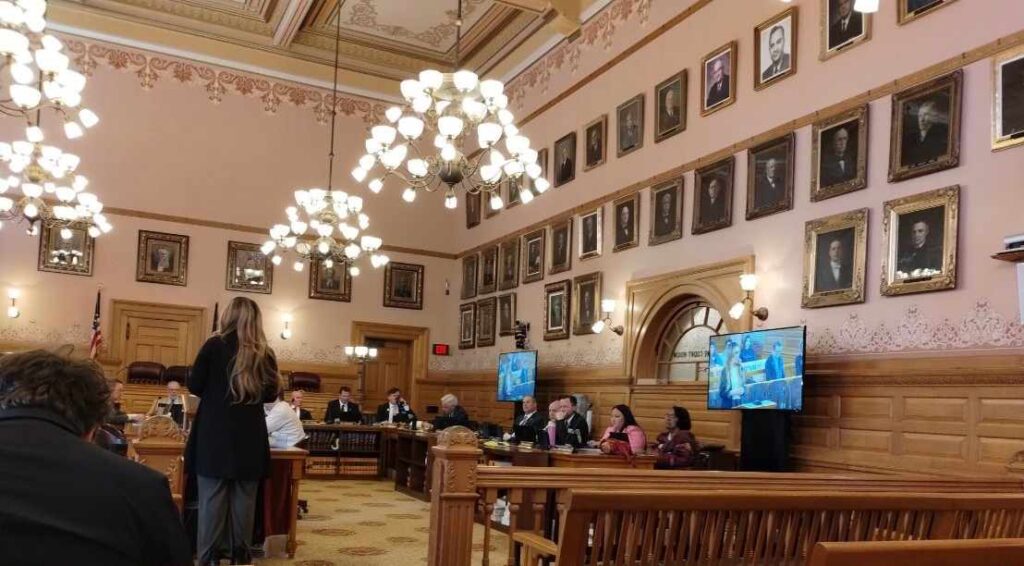
The first action was to register with the state legislatures to attend a hearing as an opponent of Sugaring Bill/SB434. On March 6, 2024, Nichole was joined by three colleagues who testified at a Federal and State Affairs Hearing with State Legislators in Topeka, KS.
Unfortunately, on March 20, 2024, the policy makers deliberated the bill and voted to pass SB434.
The second action was to rally the troops–Professionals and the Public to sign a petition, asking Governor Laura Kelly to veto the Sugaring bill. Nichole worked closely with the governor’s office, as her staff gathered information about Sugaring Hair Removal and the repercussions of allowing unlicensed to touch the public.
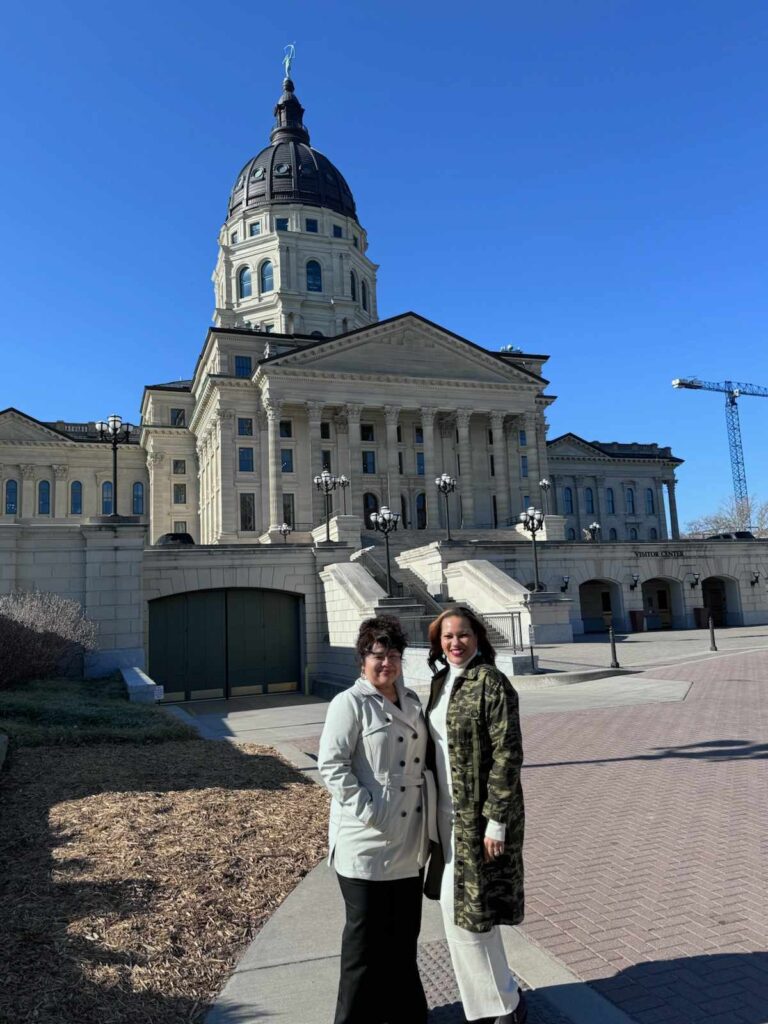
Some veto sticking points were as follows: 1.) No minimum age limit for hair removal, hence, minors were at risk. 2.) Unlicensed would not be screened for felonies, therefore, sexual deviants could abuse the public. 3.) Unlicensed means uninspected facilities, therefore, increased exposure to contagious diseases.
On April 12, 2024, Governor Kelly vetoed SB434.
This was a short-lived victory because on April 29, 2024, Sen. Beverly Gossage made a motion to override Governor Kelly’s veto, stating, sugaring is “simple” and “it doesn’t make sense” that people would be at risk because sugaring is done at room temperature.
Evidently, Sen. Gossage did not have the opportunity to hear or read the testimony of licensed professionals who explained that sugaring can be rendered hot (like wax) and room temperature, and, garners all the health concerns associated with hot wax.
After support for the veto of Sugaring bill by Sen. Cindy Holscher and Sen. Dinah Sykes in the Sugaring senate debate, on April 30, 2024, Sen. Gossage withdrew her motion to override the veto. Today, Kansas law stands: People must be licensed to render Sugaring services.
As Kansas legislators and deregulation organizations debated Sugaring, Nichole was creating a coalition of Licensed Beauty Industry Professionals and the Public to protect the health and safety of the public from future deregulation legislation.
Ironically, on April 30, 2024, as the Sugaring veto stood unchallenged after the retreat of deregulators, Nichole resigned from Kansas State Board of Cosmetology because her passion is beyond the boundaries serving on the board since 2019. As a board member, she was bound by constraints that kept her from fully using her voice on behalf of her beloved industry and the public, locally and nationwide.
These limitations included not being allowed to represent the board in an official capacity against Sugaring Bill/SB434. For Nichole, serving was to preserve the health of the public. Ironically, she watched, dismayed, as proponents of the bill used the board’s silence against the health and safety for Kansas Constituents.
Remaining in her board position would have kept Nichole from being an officer on her own burgeoning non-profit organization: Salon/Spa Consumer Advocacy Association (SSCAA).
With the power of social media on her side, and press coverage, Nichole has gathered a passionate group of licensed Estheticians, Cosmetologists, and the public, since their successful petition, who will continue to focus upon awareness of what and why regulation of the beauty industry is needed.
The victory of killing the bill has emboldened their movement to keep working to protect the public.
By meeting monthly, and, constructing their first action plan for when, not if, the next deregulation bill is introduced in Kansas, they will be ready. It is the mission of SSCAA to render guidance to those opposed to beauty industry deregulation bills in other states.
Opposition to deregulation not only protects the public from bodily harm due to untrained modalities, uninspected facilities, and uninsured service providers, it also insulates licensed beauty industry employees from minimum wage jobs offered to unlicensed workers.
For the licensed entrepereneurs, regulation shields them from the unlicensed offering cheap services that undercut a small business’s bottom line for survival, and, protect the integrity of the beauty industry.
By garnering an effort that eliminates services one by one, Beauty industry professionals must ban together. If licensed practitioners pan out and pay attention to the pattern, they will see that all services are at risk for deregulation and the endangerment of the health and safety of the public leaves us all dismayed when there is no oversight to services like Vampire Facials available to the public.
Remember that the deregulation movement touts its efforts to be for removing barriers that empower women to have businesses, but, as we know, without a proper skill set beyond a YouTube video, they will flounder and endanger lives with bodily harm. Therein lies the irony of these efforts to deregulate the Beauty Industry.
Think about how long and hard you have worked, or are working, to have a solid book of business. Our first is for preventing the spread of contagious diseases. Without proper training and vetting, the public and our industry are at risk for rapid decline, and possible extinction in many states.
Respect is not given, it is earned, and many of our legislators are making this clear by proposing deregulation legislation. Register, in your state, for bill alerts. Share the information with your colleagues. Consider attending hearings as experts in your field to educate lawmakers on the decisions they make. It is up to us to make sure they have the facts about the services we render, and how deregulation exposes the public to harm.
If you would like more information on preparation for deregulation legislation in your state, contact Nichole Hines at info@bellabar365.com

